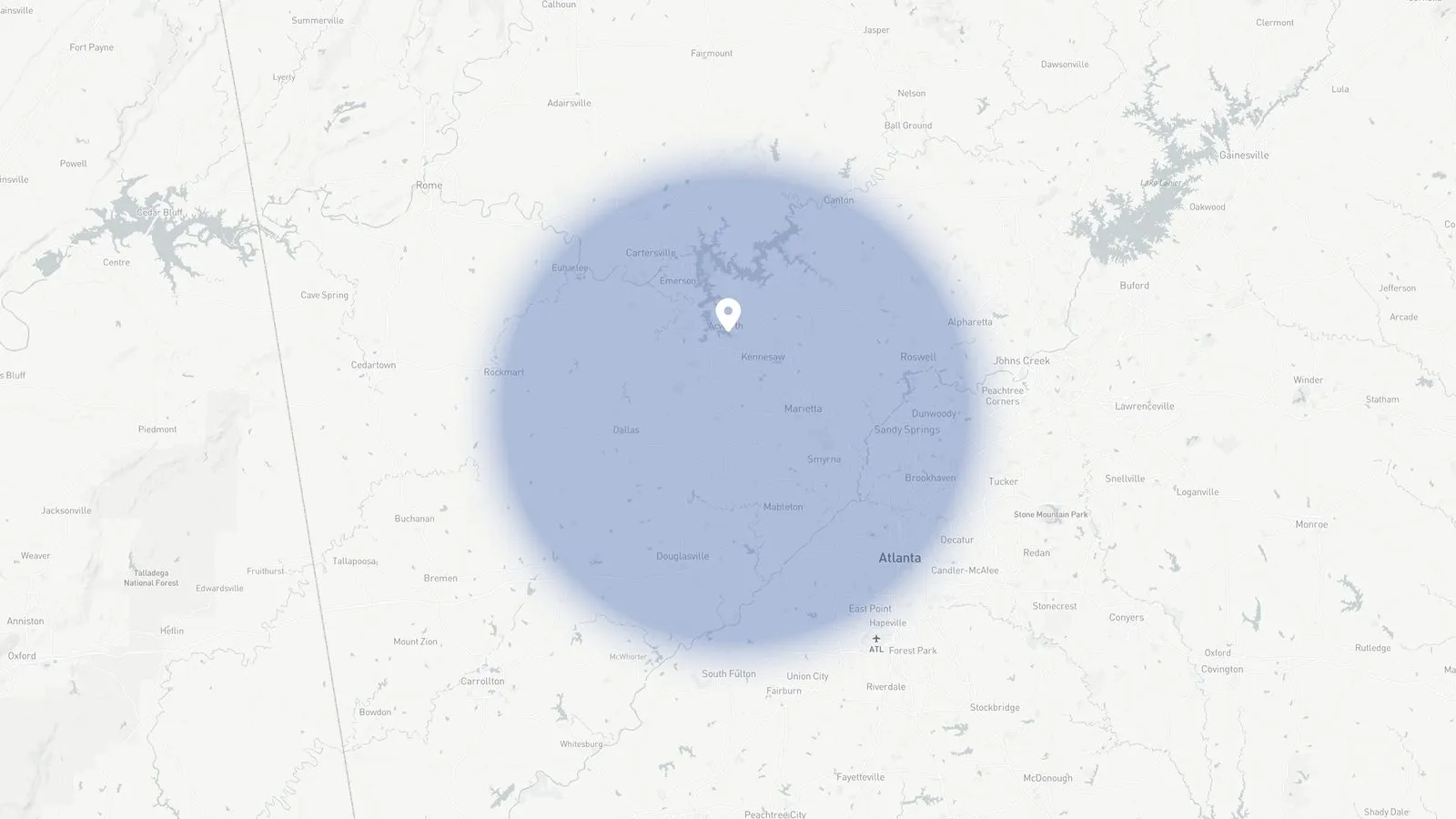
There’s a lot you might not know about your air conditioner. For the most part, this is okay, because it’s what we are here for! Our team has the expertise and the experience to handle any HVAC problem that you may have with either your air conditioner or your heater.
There are some HVAC facts, however, that can be really helpful for you to know as a homeowner. For instance, did you know you should be scheduling maintenance for your heater and air conditioner every year for each system? This will keep it working as efficiently and effectively as possible for as long as possible.
A common question we get from homeowners looking to invest in a new HVAC system is “how do we know we’re getting the right one?” You not only want to get the right model, but you want a heater or air conditioner that is correctly sized for your home. This is where CFM–or Cubic Feed per Minute comes in. Read on to learn more!
Why is CFM Important?
So, what CFM is, is a measurement of the volume of airflow. This is determined by the number of cubic feet of air that passes by a stationary point per minute. The larger the home, the more air is circulated, naturally, since there is more space for the air to move around. Therefore, larger homes will have a higher CFM.
You want to have an accurate estimate of your living space’s CFM in order to choose the right HVAC system for your space and needs. Too much capacity can lead to just as many problems as not enough capacity, leading to problems with system performance and even exacerbating wear and tear on the HVAC system.
An underpowered air conditioner or heater will struggle to do its job at all, being unable to fully condition your entire home. An overpowered system will go through a process called short-cycling, where it turns on and off rapidly, never completing a full cooling or heating cycle. So you’ll either be stuck for 10-15 years with a system that can’t actually do its job completely, or you’ll have to replace your system prematurely.
How is HVAC CFM calculated?
When our HVAC professionals come into your home to help you determine what size air conditioner or heater will be best for your needs, we measure what’s called the cooling load, or heating load, respectively, calculation in order to measure the home’s CFM. These calculations take a lot of factors into account, including the number of windows in the home, the climate in your local community, if you have vaulted ceilings or not, and even your family’s temperature preferences. All of this helps us determine the right system capacity.
Professional HVAC contractors have a template they work from to make these calculations, and then from there know what recommendations to make to you.
How many CFM do I need per BTU?
This is a question our team will be able and happy to answer for you when we come to assess your home heating needs and do a heating load calculation! Please don’t hesitate to reach out.
Dayco Systems is your trusted resource when you need a professional Canton HVAC contractor. Contact us today!

